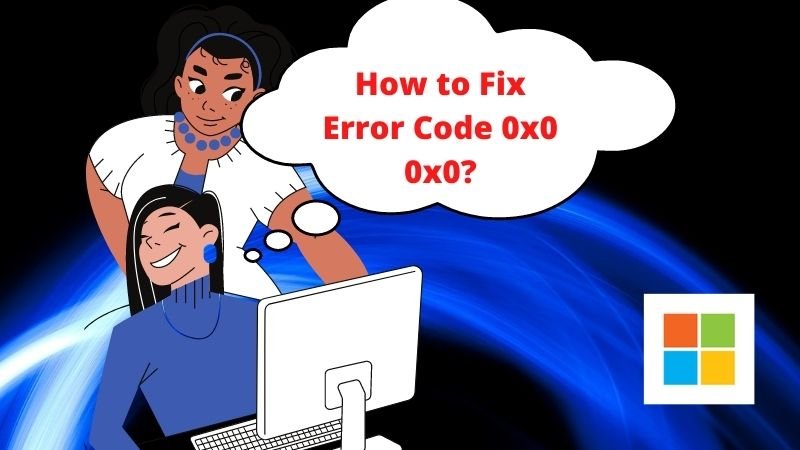The Ultimate Guide to Windows Retail Keys and Windows Upgradation
Retail keys are a great way to upgrade your home or business operating system. If you’re planning on purchasing a new computer, you’re going to need a Windows license. This guide will walk you through everything you need to know about Windows retail keys. We’ll cover what they are, how they work, and where you can purchase them. Windows 10 home 32 64-bit OEM is the best option for most people, but there are a few upgrades you can make to get the most out of your purchase. We’ll also give you a few tips on how to keep your key safe and secure. Finally, we’ll outline some important considerations if you’re looking to use retail keys in a business setting.
If you’re planning on upgrading your home or business operating system, be sure to read this guide on Windows retail keys. They’re a great way to get the latest and greatest software without having to deal with any hassle. We’ll cover all the important information you need to know, from what they are to where you can purchase them.
What is a Windows Retail Key?
Windows Retail Keys are codes that users can purchase from Microsoft in order to activate a copy of the Windows operating system. A valid retail key can be used to activate a Windows installation on any computer, regardless of whether it is newly installed or upgraded from an older version. Retail keys are also transferrable, so if you purchase a new computer, you can use your old retail key to activate Windows on the new machine. There are several ways to purchase retail keys, including online stores and physical retailers. Microsoft also offers volume licensing for businesses and organizations that need to activate multiple copies of Windows.
How Does it Work?
When you enter your retail key during installation, Windows will connect to Microsoft’s activation servers and verify that the key is valid. Once the key has been validated, your copy of Windows will be activated, and you’ll be able to use all of the available features and functions with a licensed copy of Windows.
Where Can I Purchase a Retail Key?
You can purchase a retail key from a variety of online and offline retailers. When purchasing your retail key, make sure that you’re buying from a reputable source so that you don’t end up with an invalid or counterfeit key.
Different Types of Windows Retail Keys
When you purchase a new computer, it likely comes with a pre-installed version of the Windows operating system. In order to keep your computer running smoothly, you’ll need to purchase a valid license key from Microsoft. However, not all keys are created equal. There are three main types of Windows retail keys: OEM, Retail, and Volume License.
OEM (Original Equipment Manufacturer):
These keys are typically only available when purchasing a new computer from a manufacturer like Dell or HP. These keys are tied to the specific computer they were intended for and cannot be transferred to another machine. If you’re buying a new computer that already has Windows installed, it will likely come with an OEM key.
Retail Keys:
These keys can be used on any computer. If you’re buying a copy of Windows to install on your own machine (or one you built yourself), you’ll need to purchase a retail key. These keys are more expensive than OEM keys but offer more flexibility.
Volume License Keys:
Volume License keys are designed for businesses or organizations that need to install Windows on multiple machines. If you work for a company with dozens (or even hundreds) of computers, you’ll need to purchase a Volume License key to install Windows on all of them. These keys are usually much more expensive than OEM and Retail but allow for unlimited installations.
Which One is Best for You:
So, which type of Windows retail key is right for you? If you’re buying a new computer that comes with Windows already installed, chances are it will have an OEM key. However, if you’re buying a copy of Windows to install on your own machine, you’ll need to purchase a retail key. And if you work for a company that needs to install Windows on multiple machines, you’ll need to purchase a volume license key. We hope this blog post has helped clear up any confusion surrounding the different types of Windows retail keys.
Requirements for Upgrading to Windows10:
Upgrading from an earlier version of Windows to Windows 10 is simple enough—as long as your machine meets the minimum system requirements outlined by Microsoft. We recommend backing up your important files before beginning any sort of upgrade process (just in case), but other than that, there isn’t much prep work required beforehand. Upgrading to Windows 10 is fairly simple, but you should know a few things before you begin the process. Below we’ve outlined everything you need to know about upgrading to Windows 10, from start to finish.

First and foremost, you’ll need to make sure that your computer meets the minimum system requirements for Windows 10. These requirements are actually quite low, so unless you’re running an ancient machine, you likely won’t have any trouble. As long as your machine meets these basic requirements, you should be able to upgrade without any trouble. However, it’s always a good idea to create a backup of your important files before beginning any sort of upgrade process—just in case something goes wrong. We recommend using an external hard drive or cloud backup service for this purpose. Once you’ve backed up your files, you can proceed with the upgrade process.
Final Thoughts:
In conclusion, a Windows Retail Key is a specific code that can help you to activate your personal copy of Windows. This specific code will be unique to your particular installation of Windows and cannot be reused. Retail keys can be purchased from a variety of online and offline retailers, but it’s important to only buy from reputable sources. By following this guide, you’ll be an expert on all things related to Windows retail keys and even upgrading your Windows to Windows 10.


Share